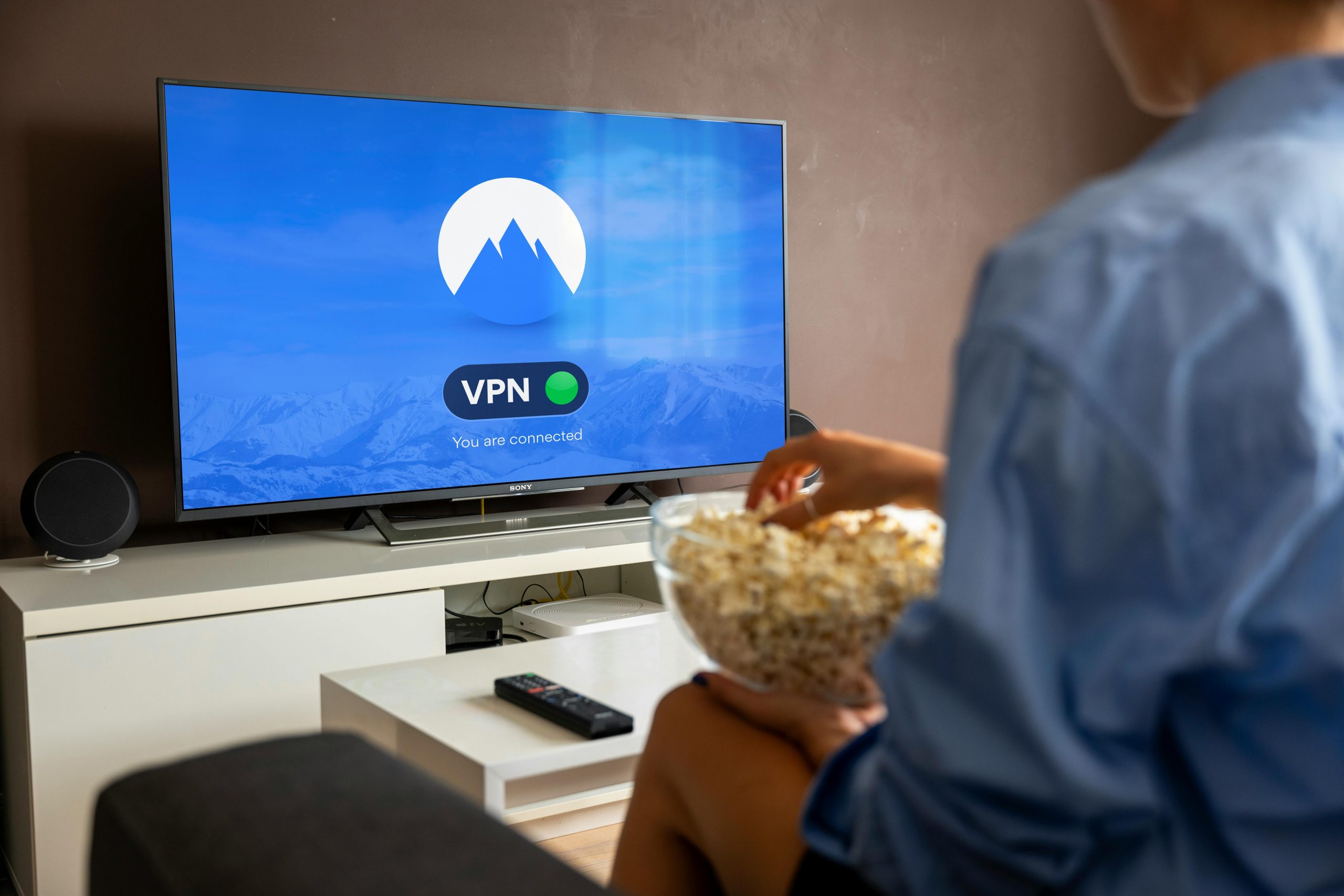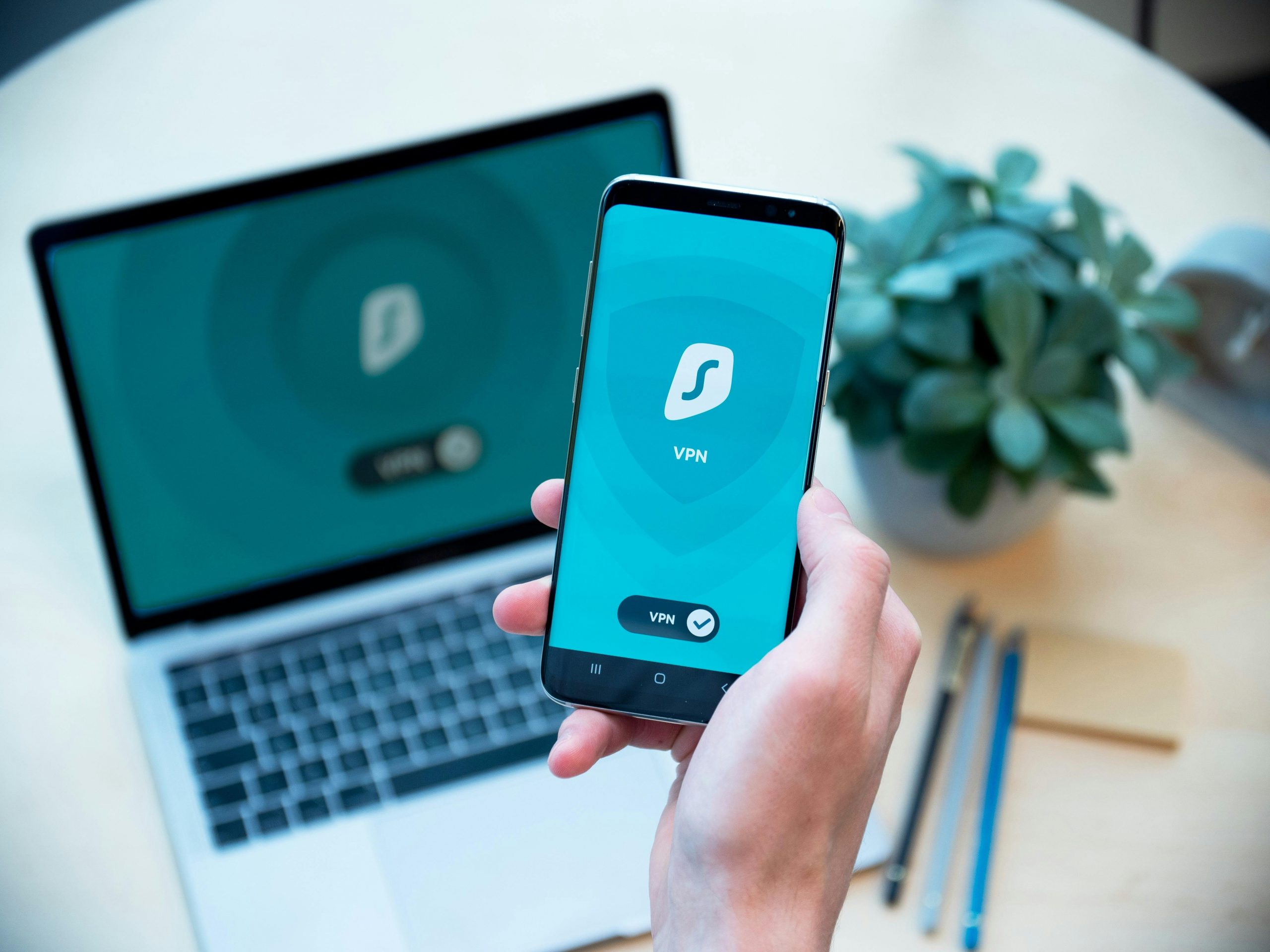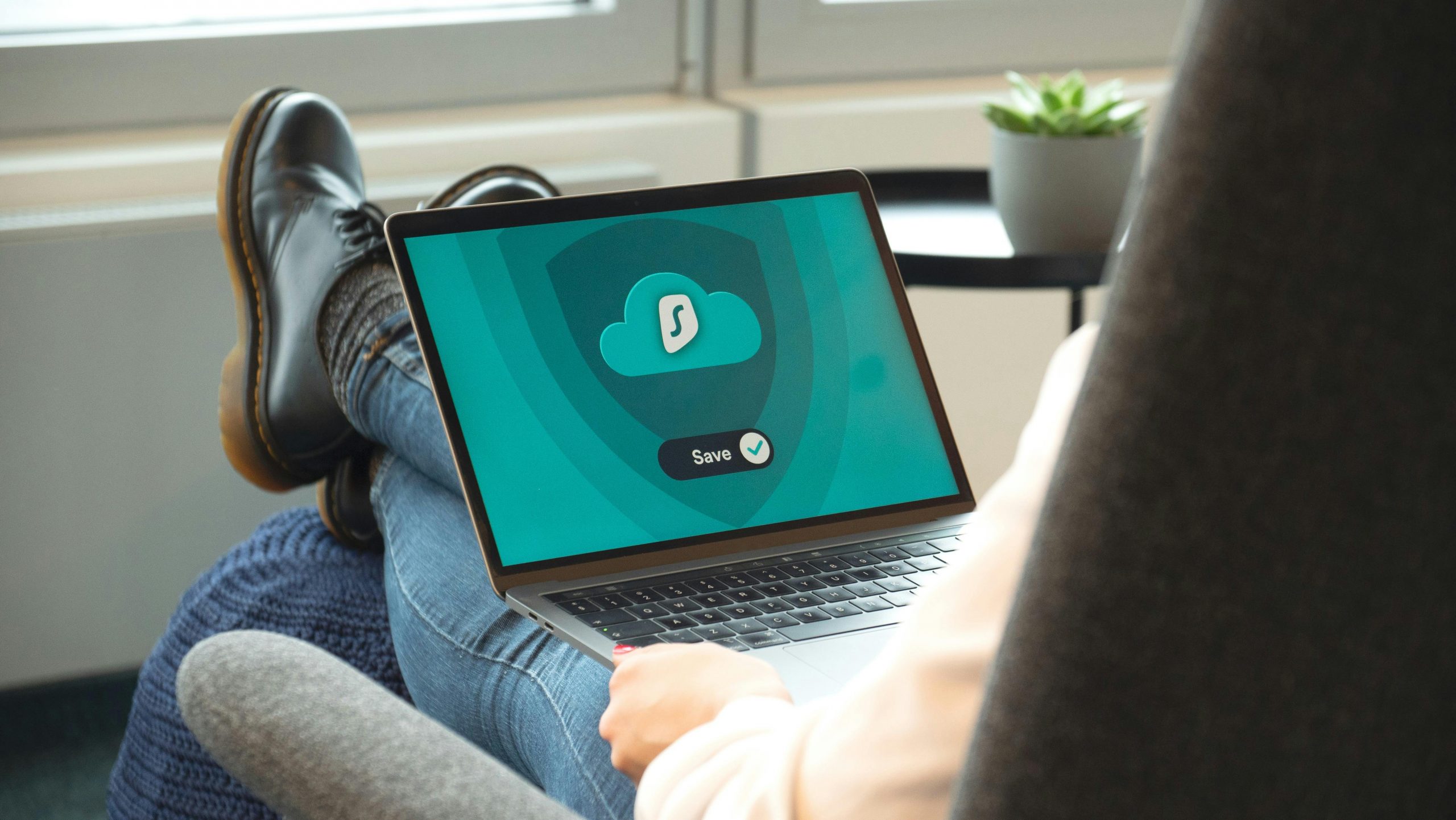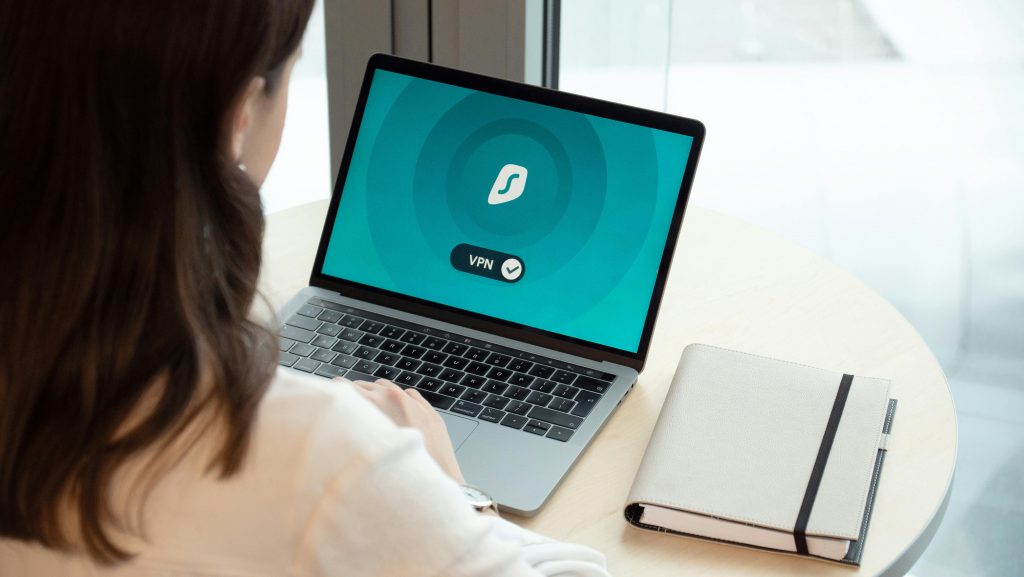The internet is amazing—but it’s also full of privacy risks. From targeted ads to hackers, many people are watching what you do online. That’s where a VPN (Virtual Private Network) comes in. But what does a VPN actually hide? And how does it keep you safe?
In this guide, we’ll explain everything you need to know about VPNs in simple, clear language. Whether you’re worried about online tracking or just want more privacy, this article breaks it all down.
What Is a VPN?

A VPN, or Virtual Private Network, is a service that creates a secure connection between your device and the internet. It works by encrypting your data and routing it through a server in a different location. This makes it harder for others—like hackers, websites, and even your internet provider—to see what you’re doing.
When you turn on a VPN, it acts like a privacy shield. Your real location is hidden, your IP address is masked, and your data is protected.
What Does a VPN Hide?
Let’s take a closer look at what a VPN hides and why it matters:
1. Your IP Address
What it is: Your IP (Internet Protocol) address is like your home address online. It tells websites and apps where you are and who you are connected through.
What a VPN does: A VPN replaces your real IP address with one from its own server. For example, if you’re in New York, a VPN can make it look like you’re in London.
Why it matters: Hiding your IP helps protect your location and identity. It also prevents websites from tracking your browsing habits based on your IP.
2. Your Physical Location
What it is: Your IP address gives clues about your city, country, and even ZIP code.
What a VPN does: It makes you appear as if you’re browsing from somewhere else. You can choose servers in different cities or countries.
Why it matters: Hiding your location helps you avoid targeted ads, censorship, and region-blocked content. It also keeps you safer when using public Wi-Fi.
3. Your Browsing Activity
What it is: Websites, search engines, and internet service providers (ISPs) can see what you visit and search for.
What a VPN does: It encrypts your internet traffic, making it unreadable to anyone who tries to snoop.
Why it matters: This is one of the biggest benefits of a VPN. It stops advertisers, ISPs, and even hackers from seeing your browsing history.
4. Your Online Identity
What it is: Every time you log into websites or fill out forms, you share personal details—sometimes without even knowing it.
What a VPN does: While a VPN can’t stop you from typing your name into a form, it can keep your connection secure. This prevents data leaks and protects your login info from hackers.
Why it matters: VPNs are especially helpful when using public Wi-Fi, where your data is more vulnerable to theft.
5. Your Downloads and Streaming
What it is: Some websites and ISPs monitor what you download or stream—especially in countries with strict copyright laws.
What a VPN does: It hides the type of content you’re accessing and where it’s coming from.
Why it matters: VPNs give you more privacy when streaming shows, downloading files, or using P2P (peer-to-peer) networks. Just remember that legal rules still apply.
6. Your Device Information
What it is: Websites and trackers often collect information about your device, like its type, operating system, and browser version.
What a VPN does: VPNs don’t hide your device completely, but some advanced VPNs include features to limit this data sharing.
Why it matters: The less information you give out, the harder it is for websites to fingerprint your device and track you across the web.
What a VPN Doesn’t Hide
While VPNs are powerful tools, they’re not magic. Here’s what they can’t hide:
- Cookies: VPNs don’t stop websites from storing cookies in your browser.
- Login Data: If you log into an account (like Facebook), that site still knows who you are.
- Malware or Viruses: VPNs aren’t a replacement for antivirus software.
- Suspicious Behavior: Law enforcement may still track you if you’re involved in illegal activity.
Using a VPN is a great start, but it works best alongside other safety habits—like using strong passwords, updating software, and browsing smart.
VPNs and the Law
VPNs are commonly used for privacy and security—but their legality can vary depending on where you live and how you use them. In most countries, using a VPN is completely legal. People rely on them for safe remote work, accessing region-locked content, or protecting personal data on public Wi-Fi.
That said, some governments place limits on VPN use or require users to register with state-approved providers. For example, nations with strict internet censorship may restrict or monitor VPN services to control access to information. This is why travelers and locals alike often ask, are VPNs legal?—because the answer depends on the country’s internet laws.
It’s also important to remember that while using a VPN is legal in many places, using it to break the law—such as for illegal downloads, hacking, or fraud—is not. Always follow local regulations and use your VPN responsibly.
Who Can See What with and without a VPN?
A VPN adds a strong layer of privacy by hiding your online activity from certain people or companies. Here’s how your internet experience changes with and without a VPN:
- Your Internet Provider (ISP):
- Without a VPN: Your ISP can see every website you visit, how long you stay, and what you do online.
- With a VPN: Your ISP can only see that you’re connected to a VPN server. It can’t see the specific websites or apps you use.
- Websites You Visit:
- Without a VPN: Websites can see your real IP address, which reveals your location.
- With a VPN: Websites only see the IP address of the VPN server, hiding your true location.
- Hackers on Public Wi-Fi:
- Without a VPN: Hackers on the same network can intercept your data, like passwords or credit card info.
- With a VPN: Your data is encrypted, making it unreadable to anyone trying to spy on you.
- Advertisers and Trackers:
- Without a VPN: Advertisers can track you using your IP address and build a profile based on your browsing habits.
- With a VPN: It’s much harder for them to track you, since your real IP is hidden and your traffic is encrypted.
Using a VPN significantly reduces how much of your online life is visible to others, keeping your browsing more private and secure.
When Should You Use a VPN?

A VPN can help you in many everyday situations. Here are a few good times to turn it on:
- When using public Wi-Fi (at a coffee shop or airport)
- When traveling abroad and trying to access your usual websites
- When streaming content that’s blocked in your country
- When shopping online, especially on unfamiliar websites
- When working remotely and accessing sensitive files
VPNs are helpful tools that can give you more control over your online life.
How to Pick a Good VPN
With so many VPNs available, it’s important to choose one that’s safe and trustworthy.
Look for a VPN that offers:
- A no-logs policy (it doesn’t store your activity)
- Strong encryption for better protection
- Good customer support
- Servers in multiple countries
- Fast speeds for smooth streaming and downloads
Avoid free VPNs that have bad reviews or vague privacy policies. Instead, consider trusted services like:
- ExpressVPN
- NordVPN
- Surfshark
- ProtonVPN
These are well-known for security, speed, and ease of use.
Final Thoughts
So, what does a VPN hide? A lot! It hides your IP address, location, browsing history, and more—making it a powerful tool for online privacy. Whether you’re checking your bank account on public Wi-Fi or watching your favorite show from abroad, a VPN can keep your data safe and your activity private.
Just remember, while VPNs boost your privacy, they’re not a license to break the law. Always use them responsibly. And if you ever ask, Are VPNs legal?—the answer is usually yes, but it depends on where you are.
Your online life should be yours. A VPN helps make that possible.

